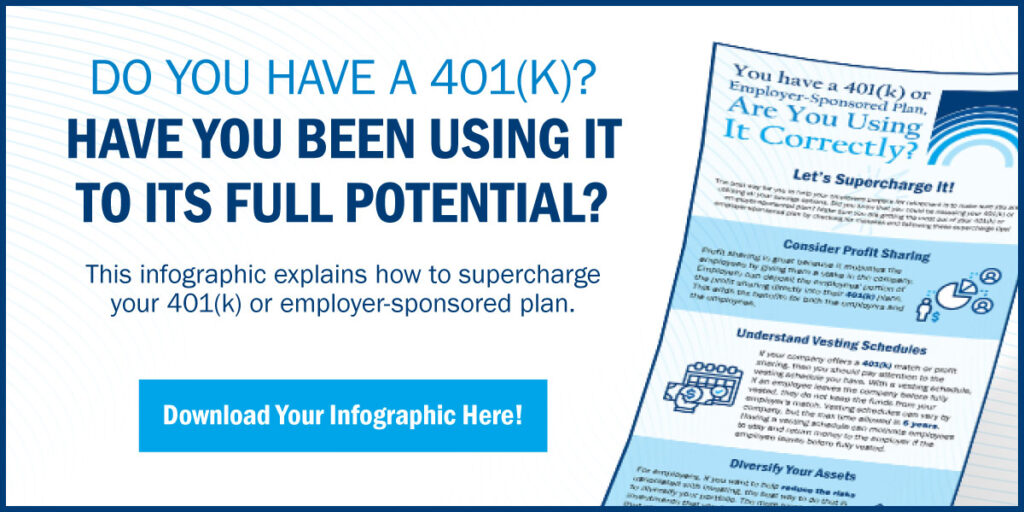For nearly 100 years, the Davis-Bacon Act has played an important role in the lives of both federal contractors and workers. It is also important in states and municipalities that have prevailing wage ordinances. Created to address unfair labor practices in non-union situations, this legislation brought forth a new retirement plan type to help employers save on payroll taxes and insurance costs while also laying the foundation for the financial future of their employees.
To fully understand and appreciate the significance of the Davis-Bacon Act, let’s review its origins, the role it plays today, and how the retirement industry has been shaped by this law.
Don’t Know Which Plan is Right for You? – Download Our Retirement Plan Comparison Guide!
The History of the Davis-Bacon Act
Prior to the approval of the Davis-Bacon Act, only state and local laws required contractors in public works to pay prevailing wages (a basic hourly rate and benefits for workers within a particular area). There was no Federal oversight, and not all states were following this trend. Concerned about working conditions and the pressure on employees to accept lower wages, Congressman Robert Bacon introduced the first version of a federal bill in 1927 to require government contractors to pay prevailing wages.
In the following years, the bill would be changed and introduced a total of 13 times. Then, amid the Great Depression and with sponsorship by former Labor Secretary James Davis, the bill was finally passed. On March 3, 1931, President Herbert Hoover signed the Davis-Bacon Act into law.
The Impact of the Davis-Bacon Act Today
Though it’s almost been a century since its creation, the Davis-Bacon Act still plays an important role today. Contractors are still responsible for paying prevailing wages and fringe benefits—which are determined by the Secretary of Labor—on federal building projects for any contract over $2,000; this is known as the Davis-Bacon commitment. This consists of not only paying the prevailing wage, but also any prevailing wage fringe, which the contractor can then choose how to give to their employees. While employees can choose to pay fringe benefits in cash, a popular solution is to put it toward a Davis-Bacon plan.
Davis-Bacon Plan: Benefiting Employer and Employee
In a Davis-Bacon plan, government contractors pay the base rate of prevailing wages to the employees and then contribute the fringe to the plan. This elective deferral can be done on a pre-or post-tax basis and has significant benefits for both plan sponsors and participants. Employees get payments towards their retirement plan, thus building a nest egg that they’ll be able to use once they reach retirement. Plan sponsors, in turn, receive deductions on payroll taxes and benefit from general liability insurance premiums. This means contractors have less overhead to deal with and can be more profitable.
Prevailing Wage Ordinances in States and Municipalities
Prevailing wage ordinances are labor laws enacted at the state or municipal level which require employers to pay certain minimum wages to workers on public construction projects. These ordinances ensure fair compensation for workers and promote a level playing field for contractors bidding on these projects.
For plan sponsors, prevailing wage ordinances can have implications on retirement plan obligations and compliance. It is essential for employers to understand the requirements of prevailing wage laws and how they can impact their retirement plans. Failure to comply with prevailing wage ordinances can result in penalties and legal issues for plan sponsors.
California Pensions: Your TPA for Davis-Bacon Retirement Plans
With Davis-Bacon plans benefiting sponsors and participants, it’s no wonder this has become a popular retirement plan choice for businesses working on government contracts. At California Pensions, our team of experienced retirement plan professionals is ready to help you create and manage your Davis-Bacon plan. With a comprehensive understanding of Davis-Bacon plans, your TPA will ensure compliance standards are met, maintain company records, and more, allowing you to focus your efforts on other important business matters. To discover the benefits of partnering with a third-party administrator for a Davis-Bacon plan, contact California Pensions to schedule a free consultation.


